Who Is Considered the Best Eye Doctor in the World?
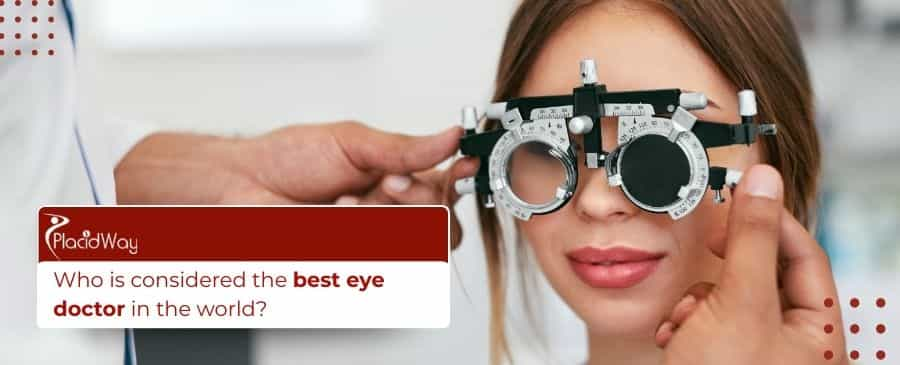
When faced with a serious condition that threatens your vision, the search for the absolute best care becomes the most important mission. This journey often begins with a simple but profound question: "Who is the best eye doctor in the world?"
While the desire for a definitive answer is completely understandable, the reality is that no single doctor holds this title.
The field of ophthalmology is incredibly complex and highly sub-specialized, meaning the "best" doctor is not one person, but rather an expert whose entire career has been dedicated to treating your specific condition.
The world's leading expert on retinal diseases is not the same person who is the top specialist for glaucoma or corneal transplants. The true "best" doctor is a perfect match between your unique diagnosis and a physician's hyper-specialized skills.
This guide, current for September 2025, is designed to help you navigate this search. We will move beyond the idea of a simple ranking and instead provide you with a framework for identifying a world-class top ophthalmologist.
We'll explain the crucial role of sub-specialization, the credentials that truly matter, and how to find the globally recognized centers of excellence for eye care where these elite doctors practice.
Is There an Official 'Best Eye Doctor in the World' Ranking?
Any list you see online claiming to rank the "best" eye doctors is subjective and should be viewed as a starting point for research at best, not a definitive guide. Medical professional societies and boards do not rank their members against one another.
The field is too vast and complex. A doctor's reputation in the medical community is built on their contributions to a specific niche—for example, developing a new surgical technique for retinal detachment or pioneering a new drug therapy for macular degeneration.
Your goal is to find the doctor who is a recognized leader in the niche that matches your diagnosis.
Why Sub-specialization is the Most Important Factor
After completing a residency in general ophthalmology, the best doctors pursue an additional 1-2 years of intensive fellowship training in a specific area.
This is the highest level of training available. The "best" doctor for you will be a fellowship-trained expert in one of these areas:
- Retina Specialists: Treat conditions at the back of the eye, like macular degeneration, diabetic retinopathy, and retinal detachments.
- Glaucoma Specialists: Manage all forms of glaucoma medically and surgically to prevent vision loss from high eye pressure.
- Cornea Specialists: Deal with the front of the eye, performing corneal transplants and treating complex infections and diseases like keratoconus.
- Oculoplastic Surgeons: Specialize in the eyelids, tear ducts, and orbit (the eye socket).
- Neuro-Ophthalmologists: Treat vision problems that are caused by the brain and nervous system, such as optic nerve disorders.
- Cataract and Refractive Surgeons: Focus on cataract removal and vision correction surgeries like LASIK.
Choosing a doctor who is a sub-specialist in your condition is the most important step you can take.
What Credentials Define a World-Class Ophthalmologist?
When vetting a potential doctor, look for these objective markers of elite expertise:
- Board Certification & Fellowship Training: As mentioned, this dual qualification is the essential foundation.
- Academic Affiliation: Top doctors are almost always professors or clinical leaders at major, university-affiliated medical centers. They are the ones teaching other doctors.
- Involvement in Research: The best specialists are often leading researchers and principal investigators for clinical trials. They are not just practicing medicine; they are creating the future of it.
- High Case Volume: An elite surgeon for a specific procedure performs that procedure frequently, giving them a level of experience that cannot be matched by a generalist.
Where are the World's 'Centers of Excellence' for Eye Care?
Instead of searching for an individual doctor, it is often more effective to start by identifying these elite institutions, as they are magnets for the best talent.
| Institution | Location | Known For |
|---|---|---|
| Bascom Palmer Eye Institute | Miami, FL, USA | Consistently ranked the #1 eye hospital in the U.S.; a leader in research and clinical care across all sub-specialties. |
| Wills Eye Hospital | Philadelphia, PA, USA | A historic and renowned institution with world-class specialists, particularly in ocular oncology and glaucoma. |
| Wilmer Eye Institute | Baltimore, MD, USA | The ophthalmology department of Johns Hopkins Hospital, a global leader in scientific research and complex case management. |
| Moorfields Eye Hospital | London, UK | One of the oldest and most respected eye hospitals in the world, a major center for research and training in Europe. |
What Key Questions Should You Ask a Potential Eye Doctor?
Your consultation is an opportunity to interview the specialist. Be prepared with these crucial questions:
- Are you fellowship-trained in the sub-specialty that covers my diagnosis (e.g., retina, glaucoma)?
- How many patients with my specific condition do you see in a typical month?
- For the surgery you are recommending, how many have you performed? What are your personal outcomes and complication rates?
- Are you involved in any research or clinical trials that might be relevant to me?
- Why do you believe this is the best course of action compared to other alternatives?
A top specialist will respect and welcome these informed questions.
A serious eye diagnosis requires access to the best possible information and expertise. Placidway is a global leader in medical access, connecting patients with renowned international hospitals and specialists for second opinions and treatment. Explore your options at a global center of excellence to make a confident decision about your vision care.


.png)
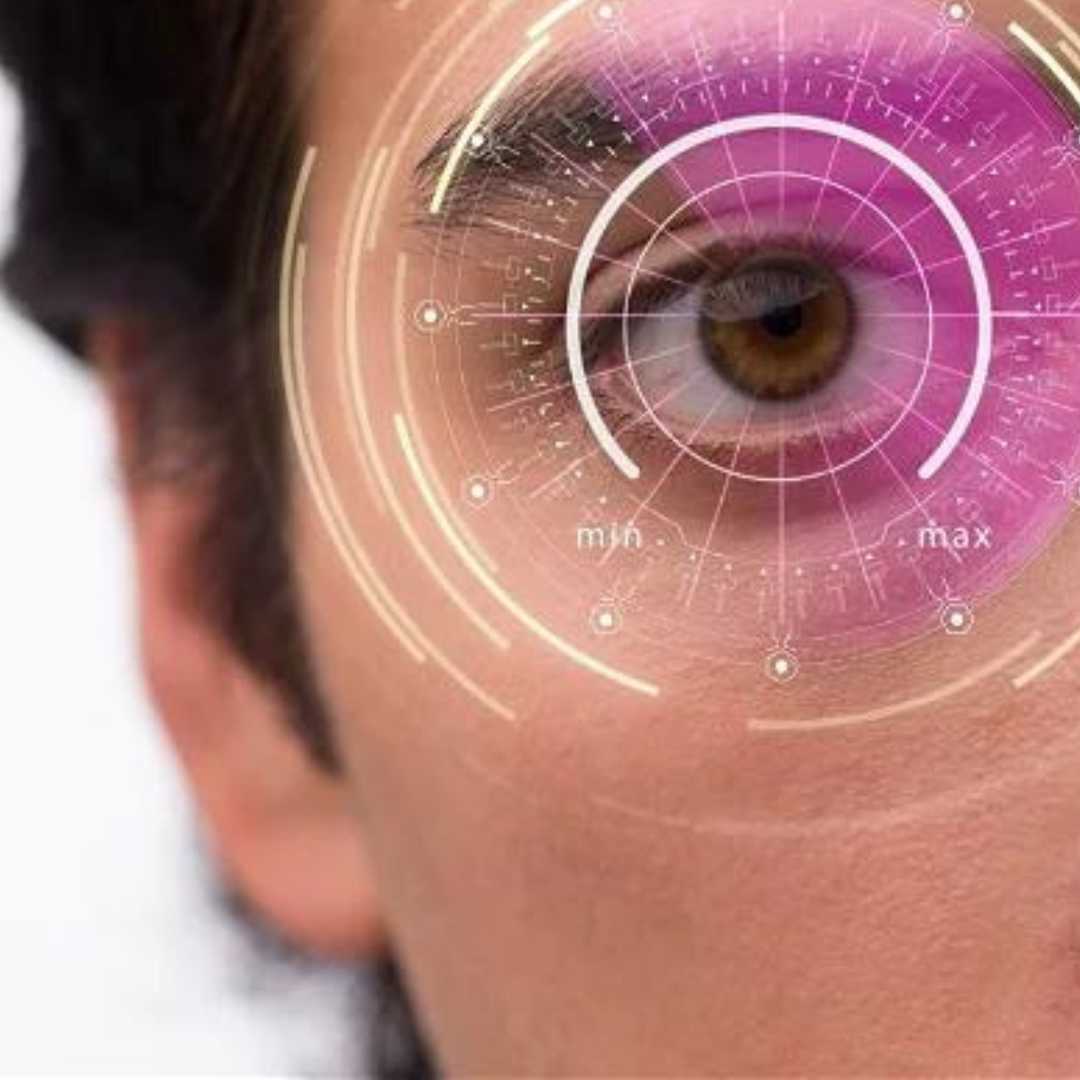
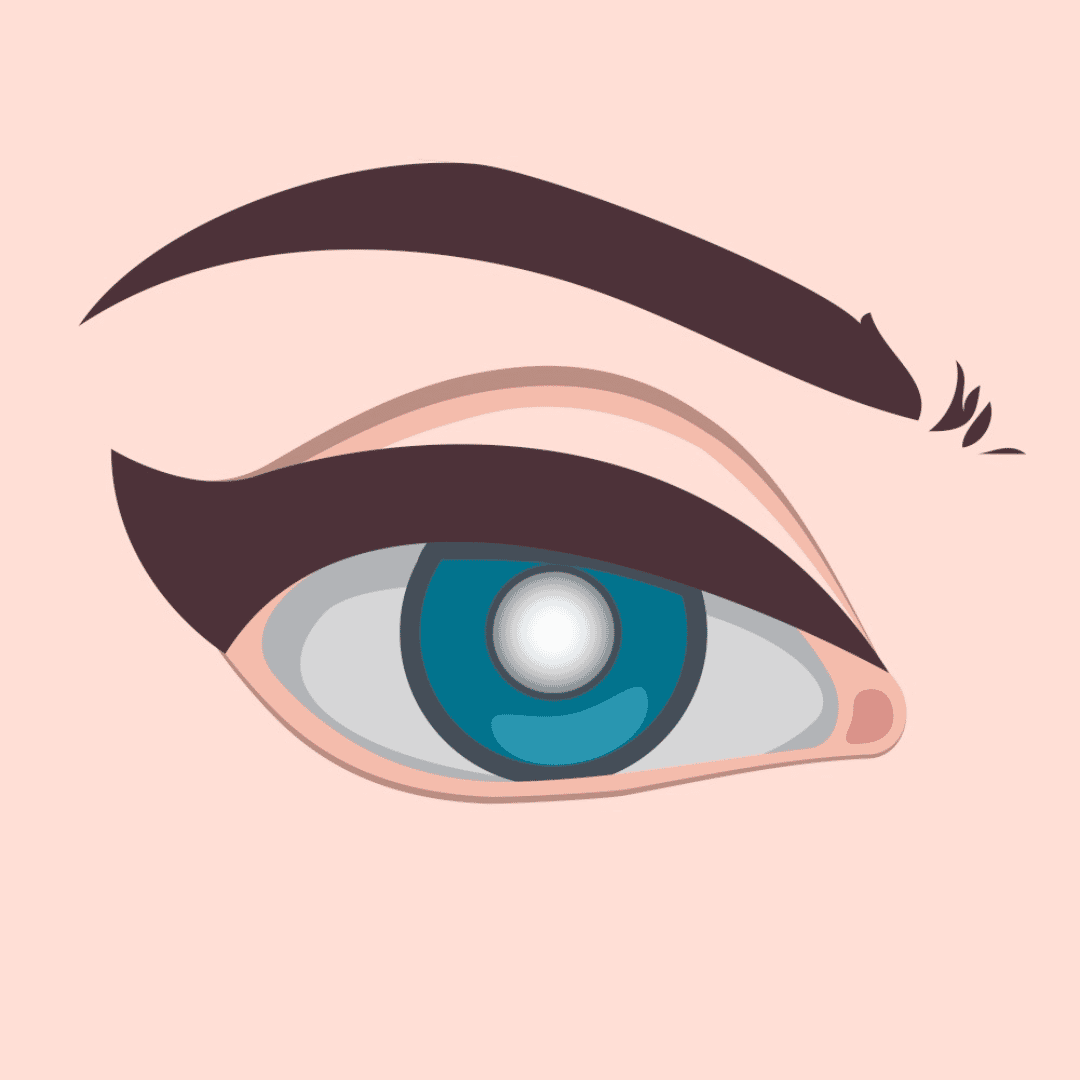
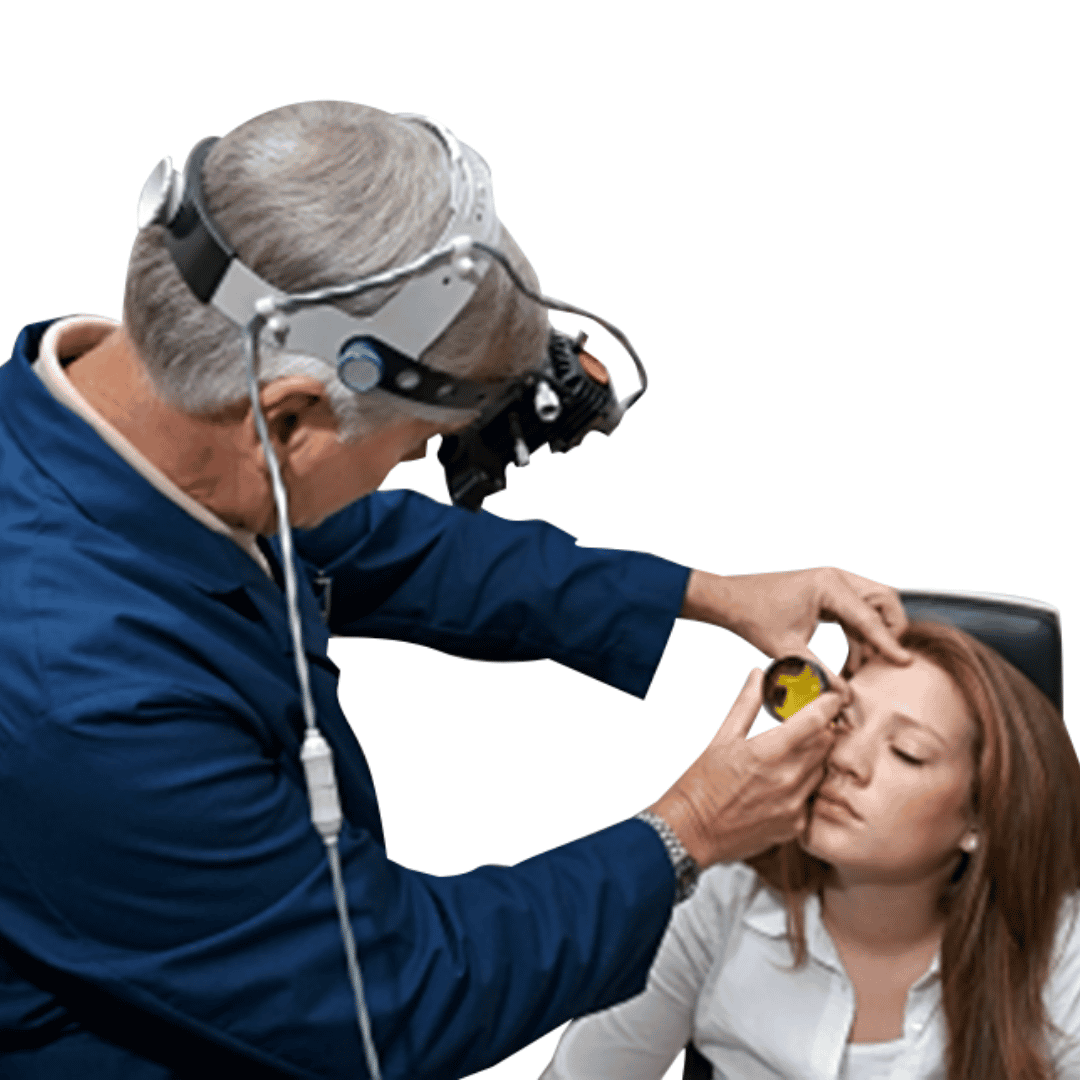
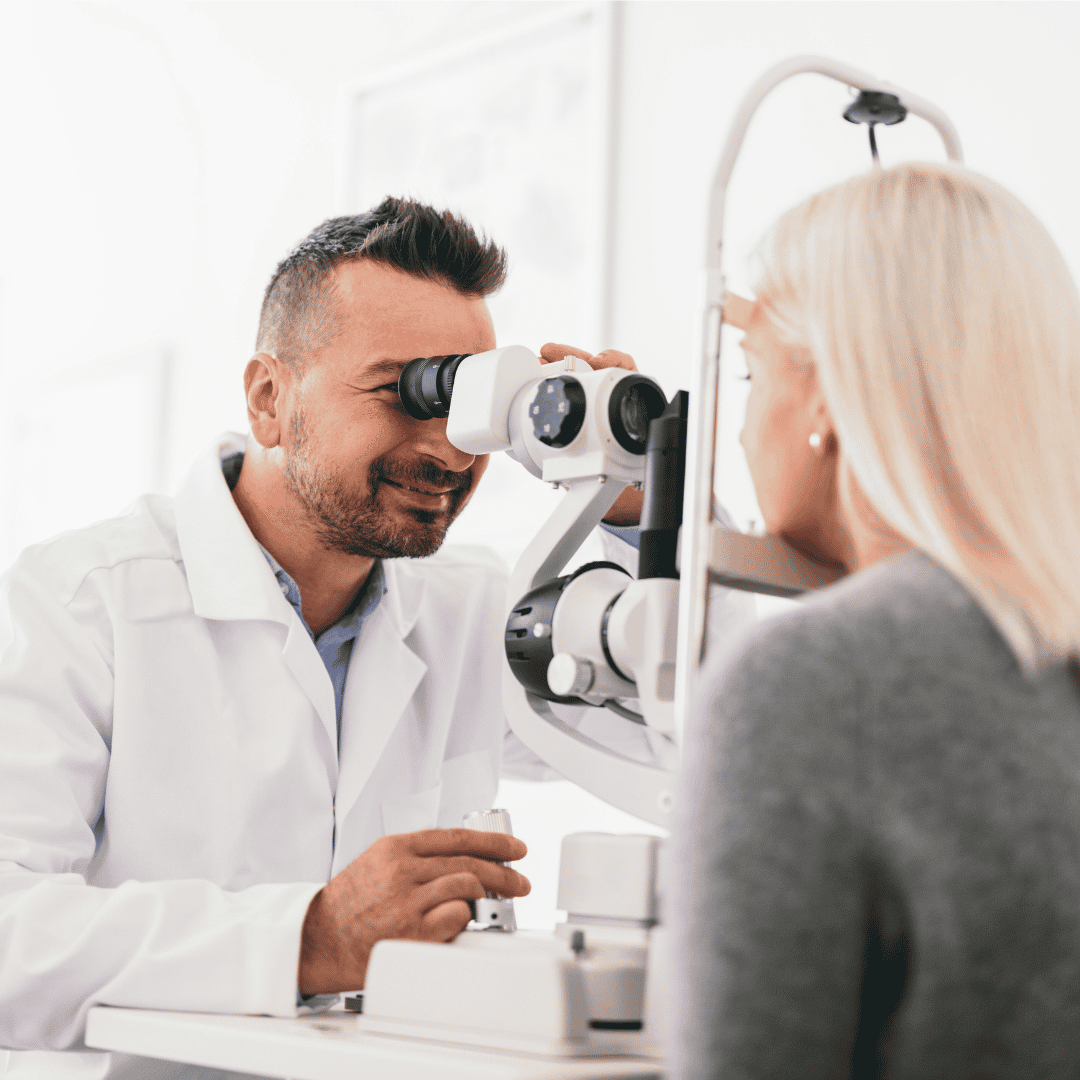

.png)

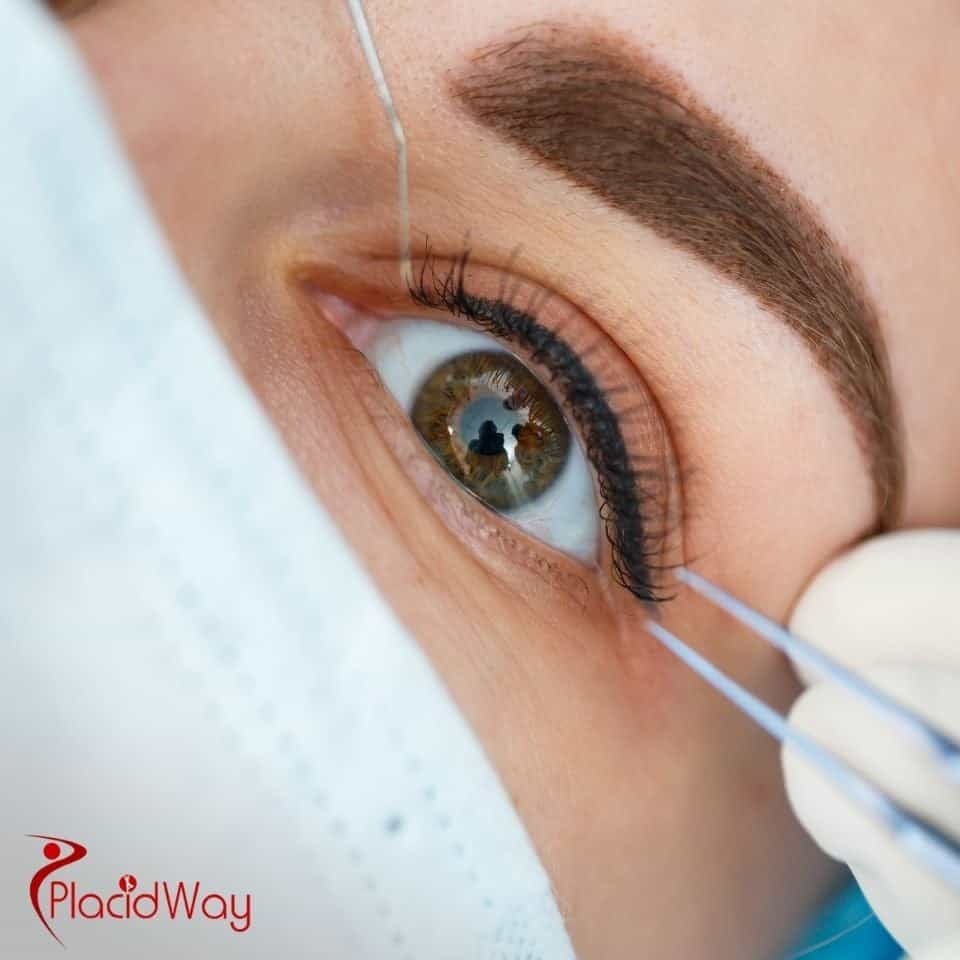

Share this listing